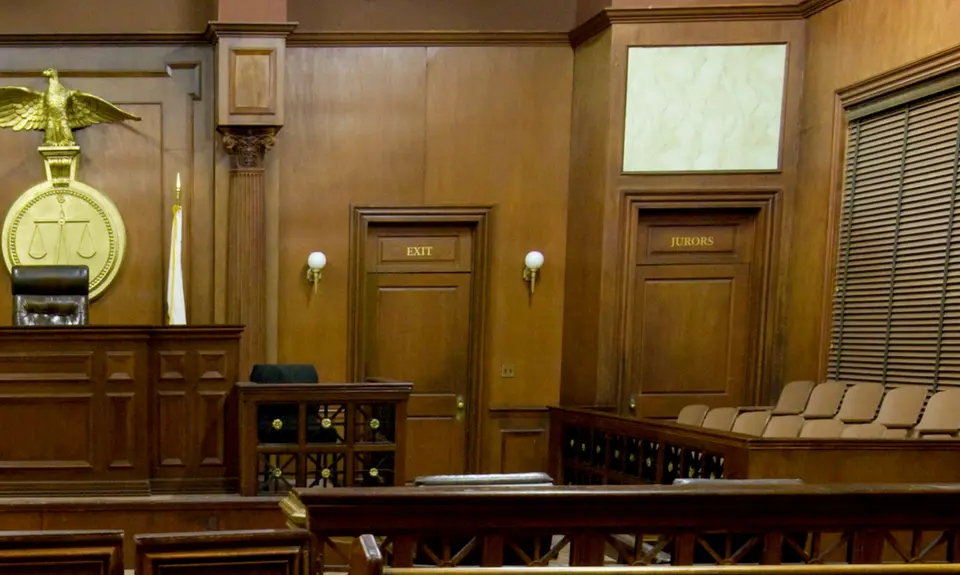Trump District Court Judge J. Campbell Barker in Texas ruled on February 25 that the temporary ban on evictions put in place by the Centers for Disease Control (CDC) under both Presidents Biden and Trump is unconstitutional. The Justice Department has already filed an appeal. The district court ruling is in Terkel v. Centers for Disease Control and Prevention.
As part of the country’s efforts to combat the nationwide economic and public health devastation caused by the COVID-19 pandemic, the CDC under both Presidents Biden and Trump has put in place temporary nationwide bans on evicting tenants who are having financial struggles and are behind on their rent, covering periods in between the moratoriums included in COVID-19 relief legislation. Experts have concluded that the CDC’s moratorium is a “critical pandemic mitigation measure” that “protects health and safety” by preventing community spread of the virus, and studies have shown that evictions lead to “more coronavirus cases and deaths.” In 2020, district court judges in Georgia and Louisiana, both of whom were nominated by President Trump, rejected challenges to the CDC ban under Trump.
Nevertheless, several landlords and property owners filed suit against the eviction ban in Texas, and Trump judge Barker declared in February that it is unconstitutional. Barker’s ruling appeared to go beyond the CDC action itself, and strongly suggested that any such action by the federal government, presumably including a law passed by Congress, violates the Constitution. According to Barker, this was because the federal government’s authority over interstate commerce under the Constitution does not allow it to regulate evictions, which take place within a single state. Although COVID-19 persists, Barker declared, “so does the Constitution.”
Critics have explained that Barker’s opinion is “embarrassingly wrong” and “at odds with binding Supreme Court decisions.” The Court has long ruled that under the Constitution, the federal government has authority to regulate activity that “substantially affects” interstate commerce, even when it takes place within particular states. In fact, the Court ruled unanimously in 1985 that Congress has authority to regulate activity within the “rental market,” including the “power to regulate individual activity” in that area.
Two days after Barker’s decision, the Justice Department announced it is appealing the ruling. The Department noted that Barker had not issued an injunction in the case, so it stated that the CDC order remains in effect except with respect to the particular landlords and property owners in the Texas case.
What will happen with respect to the eviction moratorium remains uncertain. Such a temporary ban is also included in the COVID-19 relief bill that Congress is expected to pass in mid-March. Judge Barker may well decide to issue an injunction against the moratorium, as his opinion suggested he might, and the Fifth Circuit will now consider the case.
At the very least, Trump judge Barker’s ruling “injects confusion” and uncertainty into a potentially deadly dilemma faced by many during this time of pandemic and economic hardship. And when considered along with the ruling last month that stopped President Biden’s pause on deportations, which has recently become an indefinite preliminary injunction against the policy it is the second Trump Texas judge order in only about a month that has sought to block actions by President Biden and his administration.
